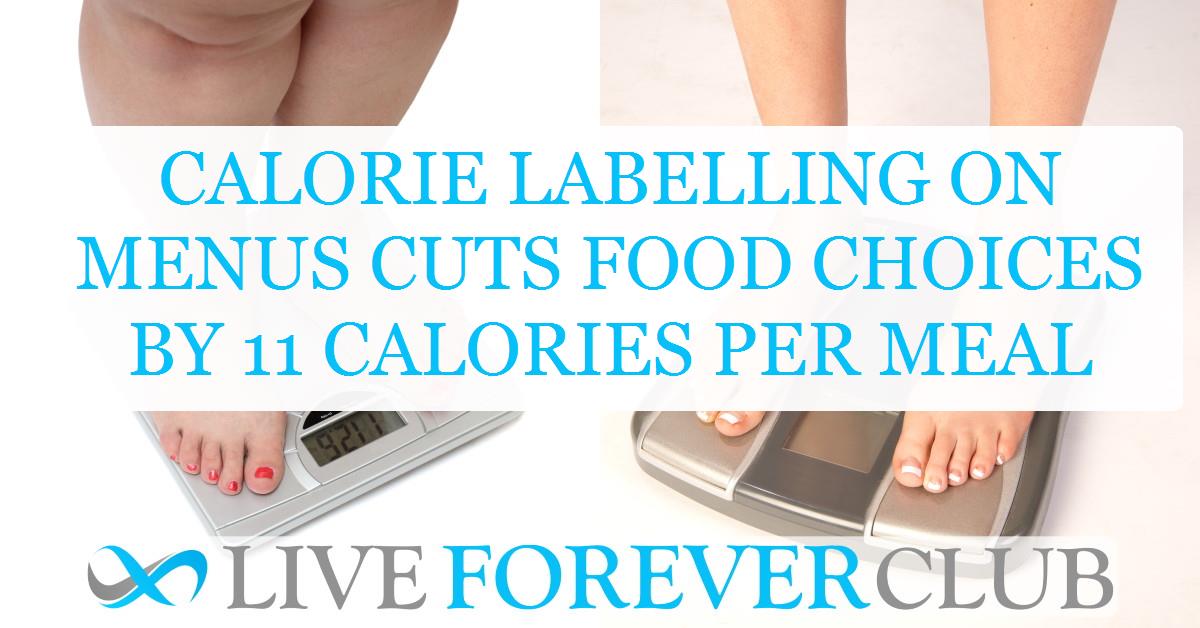Key points from article :
A Cochrane Review has analyzed the impact of calorie labelling on menus and food packaging, finding a modest reduction in calorie consumption. Based on 25 studies with over 10,000 participants from high-income countries, calorie labelling led to a 1.8% decrease in calories chosen or purchased—approximately 11 fewer calories in a 600-calorie meal.
Since 2022, UK law mandates calorie labels for large food establishments, aiming to address obesity by reducing daily calorie intake by 24 calories, potentially preventing long-term weight gain in adults.
"Calorie labelling to reduce the calories that people consume remains somewhat contentious, both in terms of whether it has any effect, and whether potential benefits outweigh potential risks or harms," Dr. Gareth Hollands added.
While experts like Dr. Hollands acknowledge its potential benefits, they caution against viewing it as a standalone solution, advocating for broader industry-driven measures.
Concerns persist about the policy's mental health implications, particularly for individuals with eating disorders. Beat, an eating disorder charity, has criticized the policy as harmful, citing increased anxiety and harmful behaviors. The UK Department of Health is funding ongoing research into these potential risks, with results expected in late 2025.





